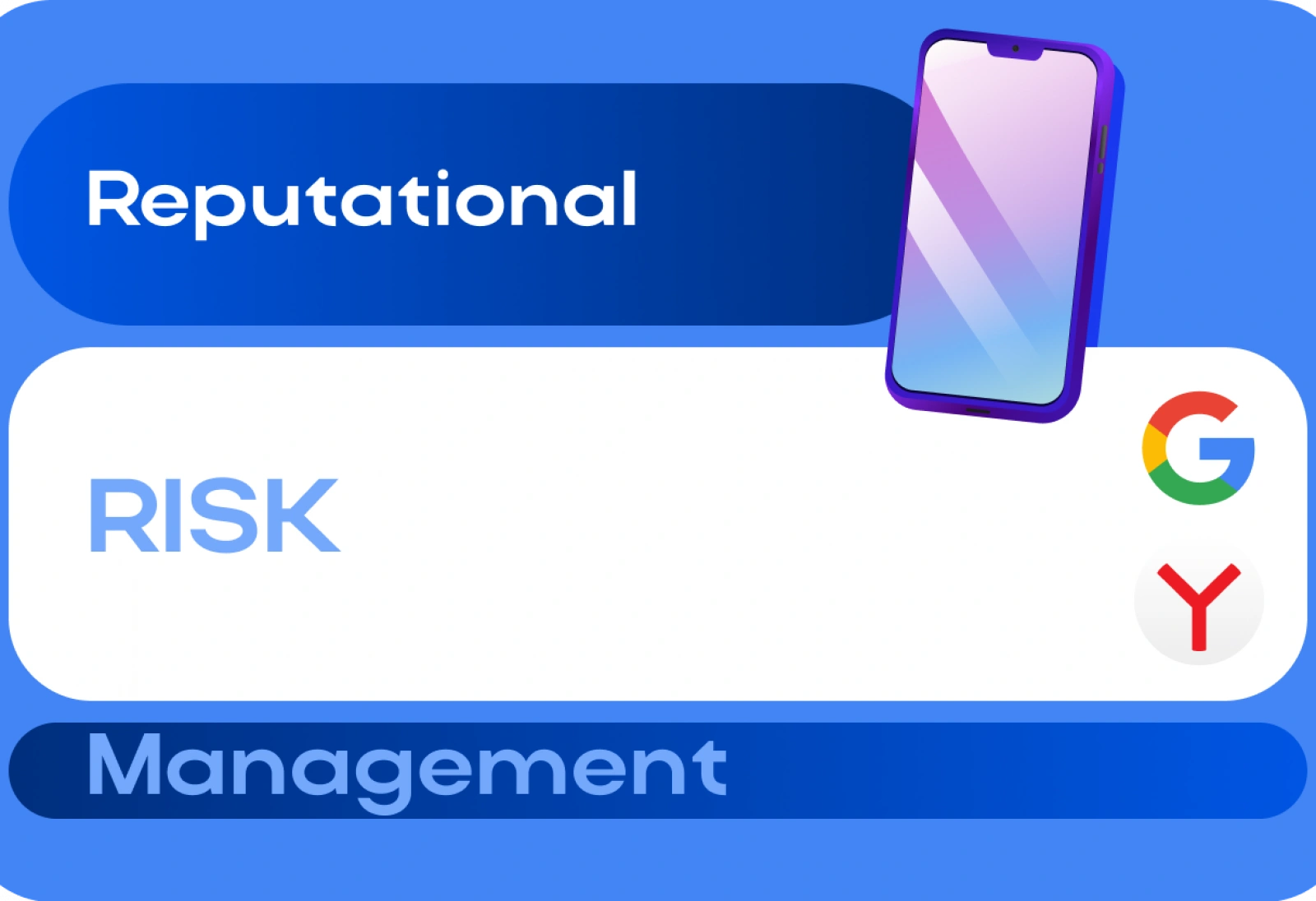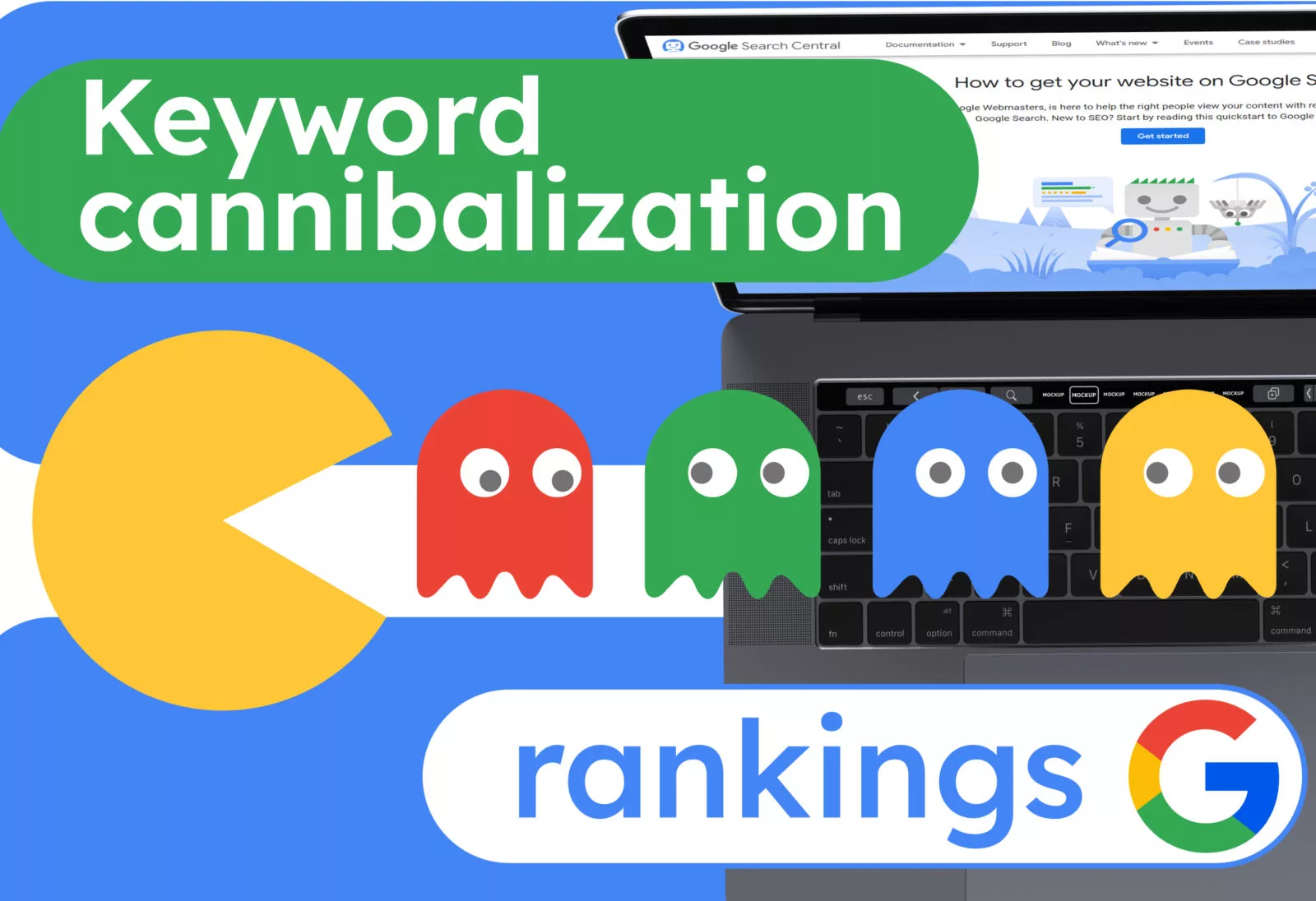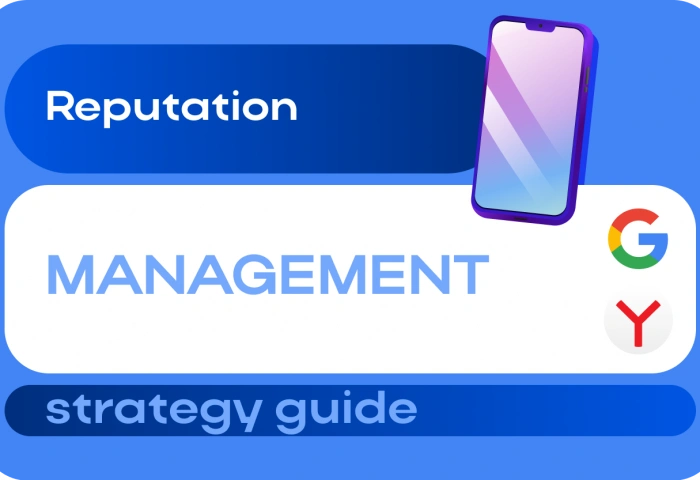Corporate and Online Reputation Management Strategies for Success
What is Reputation Management?
Reputation management involves shaping and controlling how the public perceives a brand. In simple terms, it’s about taking charge of your brand’s narrative—both online and offline. Whether you run a small local business or a global corporation, your reputation can make or break you.
A good corporate reputation management strategy helps you build a strong reputation. It also fosters customer loyalty and keeps a positive brand image over time.
Effective reputation management strategies involve monitoring what people are saying about your brand, responding to negative feedback quickly, and amplifying positive reviews. Maintaining a positive and trustworthy reputation for your company requires constant effort.
“Your brand is what other people say about you when you’re not in the room.” — Jeff Bezos, Founder of Amazon
Importance of Reputation Management
Why does reputation management matter so much? In today’s digital world, your reputation goes beyond word of mouth. It involves online reviews, social media mentions, and search engine results—all which impact public perception. Here’s why it’s critical:
Influence on Purchase Decisions
Consumers rely heavily on what they find online before making purchase decisions. Positive reviews on sites like Yelp and Google can boost your credibility. In contrast, negative reviews can turn away potential customers. Having a solid reputation management strategy helps you take control of this narrative, turning neutral customers into loyal advocates.
Building Trust and Credibility
A strong reputation builds trust, and trust drives sales. When your brand consistently maintains a positive image, it enhances credibility with both existing and potential customers. This can lead to a better customer experience and a loyal customer base. Positive interactions and transparent communication lay the groundwork for long-term relationships, reinforcing your brand’s standing.
Enhancing Brand Visibility
Reputation management isn’t just about handling negative reviews—it’s also about increasing visibility. To get more positive reviews, manage your brand mentions, and improve your SEO. This will help your brand appear more in search engine results.
This creates a cycle of visibility and trust that supports long-term success. Higher rankings mean more visibility, and more visibility leads to greater chances of building trust with potential customers.
Mitigating Damage from Negative Publicity
No brand is immune to negative publicity. A well-prepared online reputation management strategy includes crisis management protocols to handle potential damage.
By responding swiftly to negative comments or reviews, you can lessen the impact and maintain your audience’s trust. A quick and honest response can make a significant impact. What begins as a complaint can turn into a customer appreciation story.
Supporting Long-Term Business Success
In the long run, a positive reputation supports business growth. Companies with strong reputations enjoy more customer loyalty, higher conversion rates, and the ability to attract better talent. In essence, your reputation is an asset—one that requires consistent effort to manage effectively. An ongoing commitment to maintaining a positive image will pay dividends in trust and long-term stability.
Key Components of a Reputation Management Strategy
Developing a successful corporate reputation strategy requires a few key elements:
Monitoring Online Reputation
Use tools to monitor what people are saying about your brand on different platforms. This includes social media, review sites, and forums. Monitoring helps you stay proactive and catch potential issues before they escalate. Make it a habit to regularly check for brand mentions to ensure nothing slips through the cracks.
Crisis Management Planning
Be prepared for worst-case scenarios with a crisis management plan. This means having a team ready to respond to negative press. They should know how to handle any public backlash.
A good crisis management plan helps you avoid being surprised when problems come up. This lets you respond quickly and effectively.
Engaging with Customers
Regularly engage with your online community. Answer questions, respond to both positive and negative feedback, and show appreciation for customer loyalty. This helps to build trust and shows that your brand values its audience. A personalized approach to engagement demonstrates that your brand is accessible and willing to listen.
Handling Negative Reviews
Respond to negative reviews in a professional and timely manner. Use negative feedback as an opportunity to demonstrate your commitment to customer satisfaction. A well-handled complaint can turn a dissatisfied customer into a loyal advocate. Never ignore negative feedback—address it directly, acknowledging any shortcomings and offering solutions.
Promoting Positive Feedback
Encourage satisfied customers to leave positive reviews. Highlight their experiences on your website or social media to boost your brand image and maintain a positive reputation. Share testimonials and show user stories. Let potential customers see the benefits that others have gained from your product or service.
Utilizing Social Media Effectively
Social media is a powerful tool for reputation management. Use it to share positive news, engage with followers, and monitor brand mentions. A strong social media presence supports a positive online image. Ensure your brand voice remains consistent across platforms, and use social media as a space to humanize your business.
Competitive Analysis
Understand how your competitors manage their reputations. Learn from their strengths and weaknesses to improve your own strategy. Keep an eye on how they engage with customers, handle negative publicity, and build their brand image. Analyzing the competition can provide valuable insights to refine your approach and stand out in your industry.
Steps to Create a Reputation Management Plan
To create a corporate reputation management strategy, you need to plan carefully. A complete approach helps ensure that a company’s image matches its values, goals, and what its stakeholders expect. This process includes several important steps. You must carefully follow these steps to build and maintain a good reputation in the market.
Step 1: Assess Current Brand Reputation
Begin by evaluating your current standing. Analyze online reviews, customer feedback, and brand mentions to understand how your audience views your brand. This will be your baseline for improvement.
Step 2: Analyze Data and Feedback
Delve further into the data you’ve gathered. Search for recurring patterns in feedback, whether positive or negative.
This will help you see your strengths and areas for improvement. Are there recurring compliments or complaints? Use this data to refine your strategy.
Step 3: Develop Action Plans
Formulate specific action strategies based on your evaluation. This could involve addressing negative comments, enhancing customer support, or emphasizing positive testimonials.
Develop a systematic plan for managing grievances. Recognize the problem, express regret if needed, and offer a resolution. Being open and honest is crucial. Tailor your replies to demonstrate sincere empathy.
Leverage positive feedback to your benefit. Promote them on your website and social media platforms to boost your favorable image. These commendations act as social evidence, persuading prospective clients to select your brand.
Step 4: Monitor and Adapt
Reputation management is not a one-time task. Continuously monitor your brand’s perception, adapt to new feedback, and tweak your strategies accordingly. Be prepared to pivot if necessary, maintaining flexibility in your approach.
Step 5: Measure Results and Adjust Strategies
Use analytics to measure the effectiveness of your strategies. Adjust your approach based on what’s working and what isn’t to keep your reputation management plan relevant. Regular evaluation keeps your strategy effective and aligned with changing business goals.
Best Practices for Effective Reputation Management
To effectively manage your brand’s reputation, consider these best practices:
Be Proactive with Media Relations
Create strong relationships with media outlets to ensure your side of the story is heard first. Proactive media engagement can make a difference during times of crisis. Contact journalists and bloggers with good news about your company. Be prepared to give clear and simple statements if something goes wrong.
Engage with Your Online Community
Interaction is key. Make sure to answer queries, acknowledge positive feedback, and respond to criticism thoughtfully. Engaging with your audience helps to build trust and shows that you value their opinions. Not just about damage control—positive interactions can turn casual followers into brand advocates.
Establish Thought Leadership
Share valuable insights through blog posts, whitepapers, and webinars. Establishing your brand as an industry authority can enhance your reputation and build trust. Thought leadership involves sharing expertise and offering guidance, positioning your brand as a go-to resource in your niche.
Implement Corporate Social Responsibility (CSR)
Participate in social responsibility initiatives that align with your brand’s values. CSR efforts can significantly boost your brand’s reputation and demonstrate your commitment to community and environmental causes. More consumers are choosing to support companies that help society. Make sure your CSR initiatives are real and make a difference.
Utilize Reputation Management Tools
Leverage tools designed to monitor and manage your reputation efficiently. These tools can save time and offer deeper insights into your brand’s performance. Tracking online reviews and monitoring social media mentions is easier with specialized software. This helps you manage your brand’s image effectively.
Top Reputation Management Software
Overview of Leading Tools
Managing a brand’s reputation can be a complex task, but with the right tools, it becomes more manageable. Here are some of the top software options to consider:
- Brand24 – Offers real-time monitoring of brand mentions across the web, sentiment assessing, and easy-to-use reporting tools.
- Hootsuite – Provides social media management, post scheduling, and comprehensive analytics, making it easier to maintain a consistent social media presence.
- Sprout Social – A robust social media management platform that includes advanced analytics, engagement tracking, and audience insights.
- Mention – Concentrates on tracking media and analyzing competition, providing tailored alerts for particular keywords and extensive media reporting.
Comparison of Features and Benefits
Here’s a detailed comparison of these tools to help you choose the best fit for your needs:
| Software | Features | Benefits | Pricing |
|---|---|---|---|
| Brand24 | Real-time monitoring, sentiment analysis | Tracks brand mentions across the web, easy-to-use interface | From $49/month |
| Hootsuite | Social media management, scheduling, analytics | Consolidates all social platforms, robust reporting | From $19/month |
| Sprout Social | Social media analytics, engagement tools | Advanced analytics, audience insights | From $99/month |
| Mention | Media monitoring, competitive analysis | Comprehensive media coverage, custom alerts | From $29/month |
By knowing what each tool provides, you can choose the one that fits your business goals. This will help you manage your reputation effectively.
Conclusion
Reputation management is more than just a trend; it’s an essential part of modern business strategy. By actively managing your brand’s image and handling issues quickly, you can keep a strong, positive reputation. This helps drive business growth and build customer loyalty.
A well-thought-out reputation strategy doesn’t just protect your brand—it amplifies it. Remember, consistency and a proactive approach are key to ensuring that your brand maintains a positive perception over time.
Frequently Asked Questions (FAQs)
Here are some common questions about reputation management:
What is a corporate reputation management strategy?
- A clear way to manage how the public sees your brand exists. This helps create a consistent and positive image.
How does reputation management affect SEO?
- Positive reviews and mentions can boost your search engine rankings, increasing visibility and trustworthiness. It helps establish your brand as a reliable and trustworthy entity, which can lead to higher search rankings.
Why is social media important for reputation management?
- Social media is a direct line to your audience, making it a critical platform for engagement and feedback. A good social media presence helps you build relationships, address concerns, and show positive experiences. All these things help create a stronger reputation.
How can negative reviews impact a brand’s reputation?
- Negative reviews can scare away potential customers. However, if managed well, they can show great customer service and help solve problems. Quick and thoughtful responses show that you value your customers’ opinions and are committed to improving.
What are the benefits of using reputation management tools?
- These tools help you understand how people see your brand. They automate monitoring and make it easier to manage reviews. They save time, improve accuracy, and ensure you’re always aware of any potential issues.
By using best practices and the right tools, your brand can succeed in today’s competitive market. Staying proactive helps maintain a positive image that attracts and keeps loyal customers.






